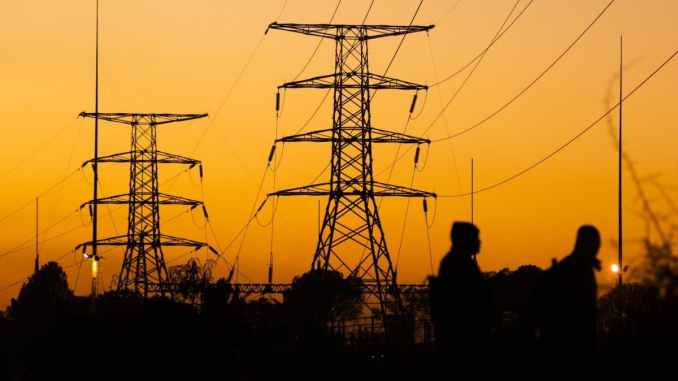CSOs urge PURC to engage stakeholders for electricity tariff reduction in Q3 2025 – Nsemkeka
CUTS International Accra and the Center for Environmental Management and Sustainable Energy (CEMSME) are urging the Public Utilities Regulatory Commission (PURC) to commence stakeholder consultations to reduce electricity tariffs for the third quarter of 2025.
This call is driven by substantial improvements in macroeconomic conditions and declining electricity input costs, which the organizations argue should lead to lower tariffs for Ghanaian consumers in the next window.
In a joint statement, West Africa Regional Director for CUTS International and Benjamin Nsiah, Executive Director of CEMSME, outlined the favorable shifts in key tariff-determining factors. The Ghana Cedi has appreciated by approximately 18 per cent against the US dollar, moving from GHS15.70 to GHS12.93 in the second quarter, with the likelihood of further appreciation before the beginning of the third quarter.
Inflation has also dropped to 21.2 per cent from the 22.49 per cent used to set tariffs for the first and second quarters, with the probability of further reduction by June, 2025. Although natural gas prices are projected to rise to USD4.20/MMBTU in the third quarter, as per the Energy Information Administration and the government subsidies on WACOG by about USD0.83/MMBTU, the stronger Cedi is expected to offset its impact on end-user tariffs.
Additionally, the share of hydropower in electricity generation may increase above 30%, potentially lowering costs further.
“These positive macroeconomic indicators provide a strong case for tariff reduction,” said Adomako.
“Lower electricity tariffs would alleviate financial pressures on households, reduce production costs for industries, and help curb inflation, fostering long-term consumer welfare.”
The statement emphasised the PURC’s legal mandate under the Public Utilities Regulatory Commission Act 1997 (Act 538), Section 16(3)(a), to protect consumer interests. “The Commission must act transparently and engage stakeholders to ensure Ghanaians reap the benefits of these economic gains.”
The PURC is required to review electricity and water tariffs quarterly, reflecting changes in macroeconomic factors like exchange rates and inflation, as well as market-driven operational costs of utility service providers such as the Electricity Company of Ghana (ECG).
These factors, beyond the control of providers, directly influence consumer tariffs. The organizations stressed that the Cedi’s appreciation should translate into tangible relief for consumers. For industries, reduced tariffs would lower production costs, potentially stabilizing prices and boosting economic growth.
CUTS International Accra and CEMSME also called for greater transparency and consumer engagement in the tariff review process. They expressed concern over ECG’s inefficiencies, including commercial and technical losses, which unfairly burden consumers.
“PURC must address ECG’s management challenges and link future tariff reviews to institutional reforms that enhance efficiency and service delivery,” Nsiah stated.
The organizations urged PURC to deepen stakeholder engagement to ensure the review process is inclusive and prioritizes consumer interests.
The organizations further noted that tariff reductions could have broader economic benefits. By easing the cost burden on businesses, lower electricity prices could stimulate industrial growth, create jobs, and improve Ghana’s competitiveness in the region.
They called on PURC to act proactively, leveraging the current economic climate to deliver relief to both residential and commercial consumers.
Background
On April 11, 2025, PURC announced a 6.52% electricity tariff increase effective May 1, 2025, based on a projected exchange rate of GHS15.6974/USD, an inflation rate of 22.49%, and a Weighted Average Cost of Gas of US$7.6289/MMBtu.
The decision included 50% of outstanding revenue arrears from 2024, totaling GHS488.42 million, resulting in a cumulative 14.75% tariff hike for the first and second quarters of 2025. Given the current economic improvements, CUTS International Accra and CEMSME urge PURC to reverse this trend and prioritize consumer relief through a downward tariff adjustment.

